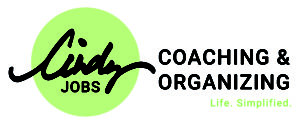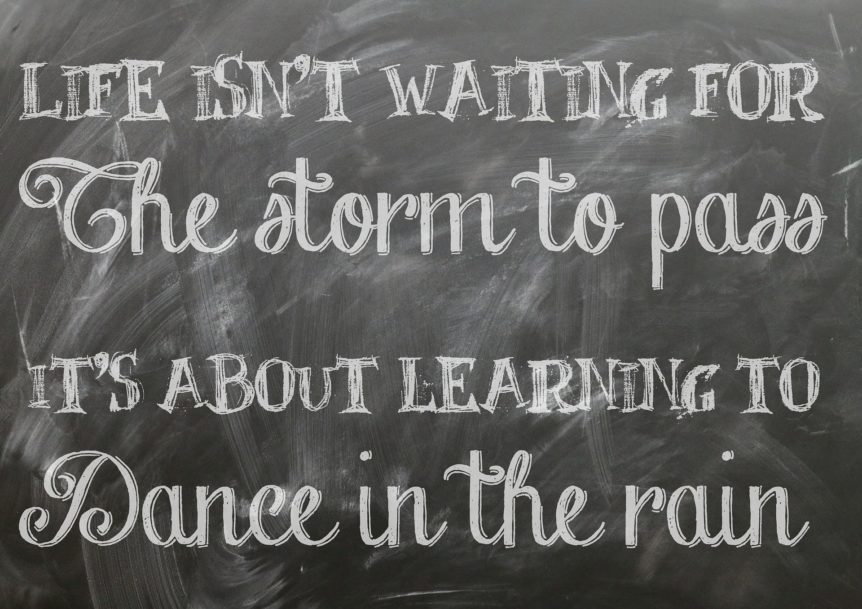We’ve all been there.
- Someone cuts us off in traffic.
- Someone is talking way too loudly on their cell phone.
- Someone questions our restaurant decision.
- Someone says something hurtful.
- Someone makes a negative comment about our cool, new shoes.
And we explode. Yup, we explode. We aren’t sure why we explode, but we do.
We react versus respond.
We do not assume the best (or even neutral) intentions.
Side note: If you have ADHD tendencies, reacting is even more prevalent due to challenges with emotional control and impulsivity.
Here’s how each of these scenarios may play out:
Someone cuts us off in traffic.
We are driving along, minding the speed limit and leaving plenty of room between us and the car we are following, then out of nowhere some hotrod Celica cuts in front of us. What’s your next action? Tailgate them back to teach them a lesson? (react) Honk the horn aggressively? (react) Back off, assume they were unfamiliar with the area and were unprepared for the offramp? (respond) Assume the best intentions.
Someone is talking way too loudly on their cell phone in a public place.
Honestly, this one gets under my skin more than most. Picture yourself in an airport with the ability to hear both sides of a cell phone conversation from 20′ away. What’s your next action? Confront the person, mid-conversation telling them just how rude they are? (react) Explain in a very snarky voice that earbuds were invented for situations just like this? (react) Wait until the person is off the phone, politely inform them that you were aware of both sides of the conversation and just wanted them to know how far their voices had carried? (respond) Assume the best intentions.
Someone questions our restaurant decision.
You decide to go to dinner with some friends, and they ask you to suggest the restaurant. You pick the new Thai place on 3rd. They ask how you came to that decision. What’s your next action? Say, “Fine, next time you make the stupid restaurant choice?” (react) Silently seethe at the challenging question and respond with monosyllables for the rest of the evening? (react) Respond with “I saw a review on Facebook last week, and everyone loved it.” (respond) Assume the best intentions.
Someone says something hurtful.
You are in a social gathering. You ask a question, and someone responds with a hurtful comment. What’s your next action? Say “Someone said you were a jerk, and now I know they were right!” (react) Say nothing, but tell all your friends how rude and awful that person is. (react) Respond with “Wow, I didn’t expect that responds. What’s up?” (respond)
Someone makes a negative comment about our cool, new Toms shoes.
You just bought the latest Toms shoes, and you are really excited about them. They are cute and made by a socially responsible company. Someone says, “wow, I can’t believe you would spend that much money on those; they are way overpriced for what you get.” What’s your next action? Say “just because you can’t afford them doesn’t mean they are overpriced.” (react) Survey their outfit head to toe, shake your head and walk away. (react) Respond with, “You know, Toms aren’t for everyone, but I love how they look and feel, so they are perfect for me.” (respond)
Where can you remember reacting versus responding? What tipped the scale? What different actions would you take if you could?
Final thought: Assume the best intentions. When we assume intentions are positive; we can pause, ponder, and respond.
Cindy Jobs, COC, ACC
Looking for more information?
Click here for 15-minute organizing tips.
Click here to schedule a complimentary breakthrough session.
For more helpful information, follow me on Facebook.



Attention Deficit Disorder Association
National Association of Productivity & Organizing Professionals, Seattle Chapter
International Coach Federation
Institute for Challenging Disorganization
Level I Certificates earned in Chronic Disorganization; ADD; Client Administration; Time Management; Mental Health; and Hoarding.
Level II Specialist Certificates earned in Chronic Disorganization and ADHD.







